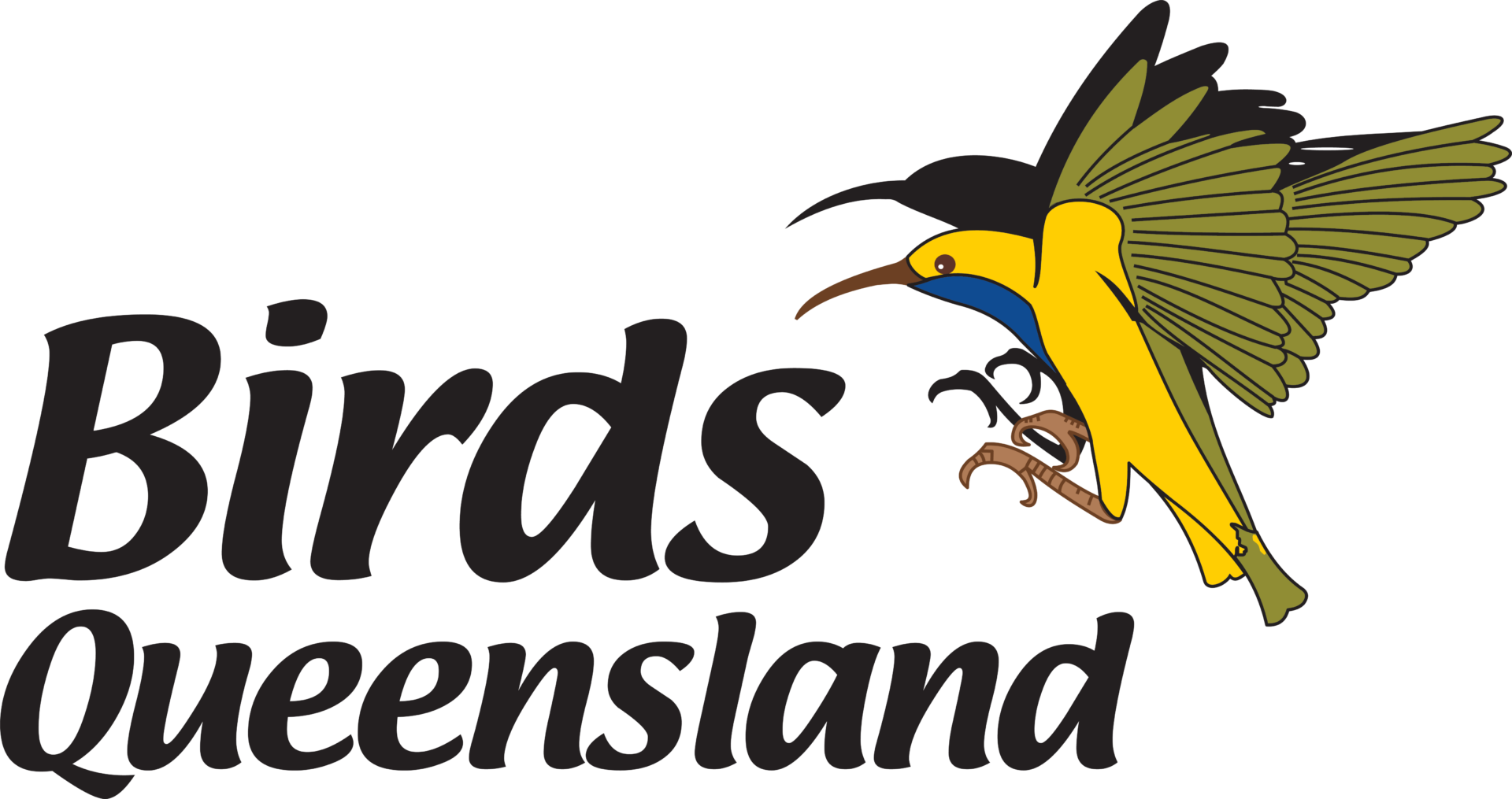Our Publication Ethics and Publication Malpractice Statement is based on the Best Practice Guidelines for Journal Editors and the position statements developed by the Committee on Publication Ethics (COPE) at the 2nd World Conference on Research Integrity, Singapore 2010.
Duties of Editors
Publication decisions
The Management Team of The Sunbird, consisting of the Editor, the Assistant Editor and the Editorial Board, is responsible for deciding which of the articles submitted to the journal should be published. The validation of the work in question and its importance to researchers and readers must always drive such decisions. The editor may confer with other editors or reviewers in making decisions.
Fair play
An editor evaluates manuscripts for intellectual content without regard to the nature of the authors or the host institution, including race, gender, sexual orientation, religious belief, ethnic origin, citizenship, or political philosophy of the authors.
Confidentiality
The editors must not disclose any information about a submitted manuscript to anyone other than the corresponding author, reviewers, and potential reviewers, as appropriate. The Sunbird does not disclose reviewers’ identities, but if reviewers wish to disclose their names, this is permitted.
Disclosure and conflicts of interest
Unpublished materials disclosed in a submitted manuscript must not be used in an editor’s own research without the express written consent of the author. Privileged information or ideas obtained through peer review must be kept confidential and not used for personal advantage. Editors should recuse themselves from considering manuscripts in which they have conflicts of interest resulting from competitive, collaborative, or other relationships or connections with any of the authors or institutions connected to the papers.
Involvement and cooperation in investigations An editor should take reasonably responsive measures, in conjunction with the society (Queensland Birds), when ethical complaints have been presented concerning a submitted manuscript or published paper. Such measures will generally include contacting the author of the manuscript or paper and giving due consideration of the respective complaint or claims made, but may also include further communications to the relevant institutions and research bodies. If the complaint is upheld, the publication of a correction, retraction, expression of concern, or other note will result, as may be relevant. Every reported act of unethical publishing behaviour must be looked into, even if it is discovered years after publication.
Corrections
When genuine errors in published work are pointed out by readers, authors, or editors, which do not render the work invalid, a correction (or erratum) will be published as soon as possible.
Ensuring the integrity of the published record – suspected research or publication misconduct
If serious concerns are raised by readers, reviewers, or others, about the conduct, validity, or reporting of academic work, The Sunbird‘s Management Team will contact the author(s) for response to the concerns. If such response is unsatisfactory, The Sunbird will take this to the institutional level, where relevant. In cases when concerns are very serious, The Sunbird may consider informing readers about these concerns, by issuing an ‘expression of concern’, while the investigation is ongoing. Once an investigation is concluded The Sunbird will publish comment that explains the findings of the investigation. The Sunbird may decide to retract a paper if the Editorial Board is convinced that serious misconduct has happened, even if an investigation by an institution or national body does not recommend it.
The Sunbird will respond to all allegations or suspicions of research or publication misconduct raised by readers, reviewers, or other editors. Cases of possible plagiarism or duplicate/redundant publication will be assessed by the journal. In other cases, The Sunbird may request an investigation by the institution (if relevant) or other appropriate bodies if the explanation sought from the author(s) is unsatisfactory.
Duties of Reviewers
Contribution to Editorial Decisions
Peer review assists the editor in making editorial decisions and, through the editorial communications with the author, may also assist the author in improving the paper.
Promptness
Referees, when approached, are asked whether they will be able to perform the review within a stipulated period. Any selected referee who feels unqualified to review the research reported in a manuscript or knows that he or she cannot meet the suggested timeline should notify the editor to be excused from the review process.
Confidentiality
Any manuscripts received for review will be treated as confidential documents. They will not be shown to or discussed with others except as authorised by the editor.
Standards of Objectivity
Reviews should be conducted objectively. Personal criticism of the author is inappropriate. Referees should express their views clearly, accompanied by supporting arguments.
Acknowledgement of Sources
Reviewers should identify relevant published work that has not been cited by the authors. Any statement that an observation, derivation, or argument had been previously reported should be accompanied by the relevant citation. A reviewer should also call to the editor’s attention any substantial similarity or overlap between the manuscript under consideration and any other published paper of which the reviewer is aware.
Disclosure and Conflict of Interest
Information or ideas obtained through peer review must be kept confidential and not used for personal advantage. Unpublished materials disclosed in a submitted manuscript must not be used in a reviewer’s own research without the express written consent of the author. Reviewers should not consider manuscripts in which they have conflicts of interest resulting from competitive, collaborative, or other relationships or connections with any of the authors, companies, or institutions connected to the papers.
Reviewer misconduct
The Sunbird Editors will take reviewer misconduct seriously and pursue any allegation of breach of confidentiality, non-declaration of conflicts of interest (financial or non-financial), inappropriate use of confidential material, or delay of peer review for competitive advantage. Allegations of serious reviewer misconduct, such as plagiarism, will be taken to the institutional level, where relevant.
Duties of Authors
Reporting standards
Authors of reports of original research should present an accurate account of the work performed, as well as an objective discussion of its significance. Underlying data should be represented accurately in the paper. A paper should contain sufficient detail and references to permit others to replicate the work. Fraudulent or knowingly inaccurate statements constitute unethical behaviour and are unacceptable. Review and professional publication articles should also be accurate and objective, and editorial opinion works should be clearly identified as such.
Data Access and Retention
Authors may be asked to provide the raw data in connection with a paper for editorial review, should be prepared to provide public access to such data and should be prepared to retain such data for a reasonable time after publication.
Originality and Plagiarism
Authors should ensure that submitted work is original and has not been published elsewhere, and if the authors have used the work and/or words of others that this has been appropriately cited or quoted.
Applicable copyright laws and conventions should be followed. Copyright material (e.g. tables, figures or extensive quotations) should be reproduced only with appropriate permission and acknowledgement.
Multiple, Redundant or Concurrent Publication
An author should not, in general, publish manuscripts describing essentially the same research in more than one journal or primary publication. Submitting the same manuscript to more than one journal concurrently constitutes unethical publishing behaviour and is unacceptable.
Acknowledgement of Sources
Proper acknowledgment of the work of others must always be given. Authors should cite publications that have been influential in determining the nature of the reported work. Information obtained privately (as in conversation, correspondence, or discussion with third parties) must not be used or reported without explicit, written permission from the source. Information obtained in the course of confidential services, such as refereeing manuscripts or grant applications, must not be used without the explicit written permission of the author of the work involved in these services. Authorship of the Paper
Authorship should be limited to those who have made a significant contribution to the conception, design, execution, or interpretation of the reported study. All those who have made significant contributions should be listed as co-authors. Where there are others who have participated in certain substantive aspects of the research project, they should be acknowledged or listed as contributors. The corresponding author should ensure that all appropriate co-authors, and no inappropriate co-authors, are included on the paper, and that all co-authors have seen and approved the final version of the paper and have agreed to its submission for publication.
Hazards and animal subjects
If the work involves chemicals, procedures or equipment that have any unusual hazards inherent in their use, the author must clearly identify these in the manuscript. If the work involves the use of animal subjects, the author should ensure that the manuscript contains a statement that all procedures were performed in compliance with relevant laws and institutional guidelines and that the appropriate institutional committee(s) has approved them.
Disclosure and Conflicts of Interest
All authors should disclose in their manuscript any financial or other substantive conflict of interest that might be construed to influence the results or interpretation of their manuscript. All sources of financial support for the project should be disclosed.
Fundamental errors in published works
When an author discovers a significant error or inaccuracy in his/her own published work, it is the author’s obligation to promptly notify the journal editor and cooperate with the editor to retract or correct the paper. If the editor learns from a third party that a published work contains a significant error, it is the obligation of the author to promptly retract or correct the paper or provide evidence to the editor of the correctness of the original paper.



